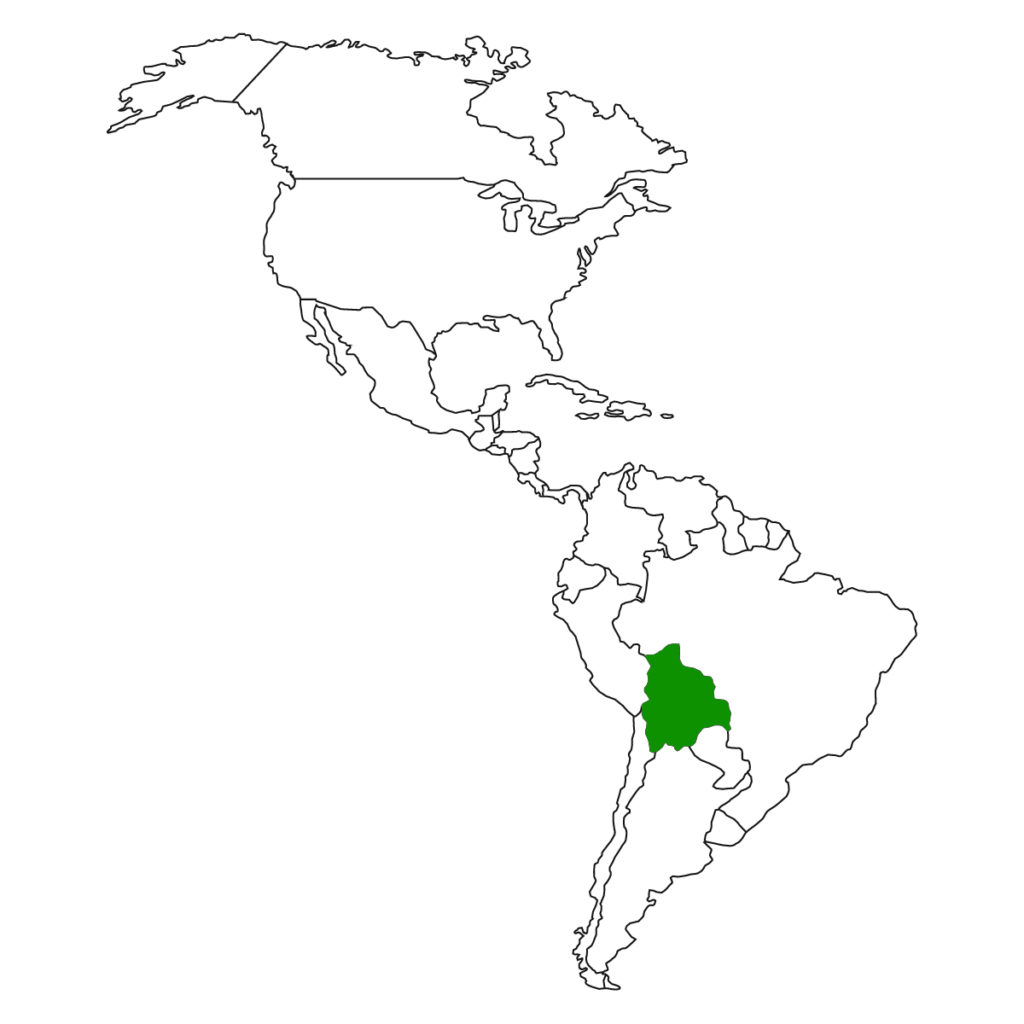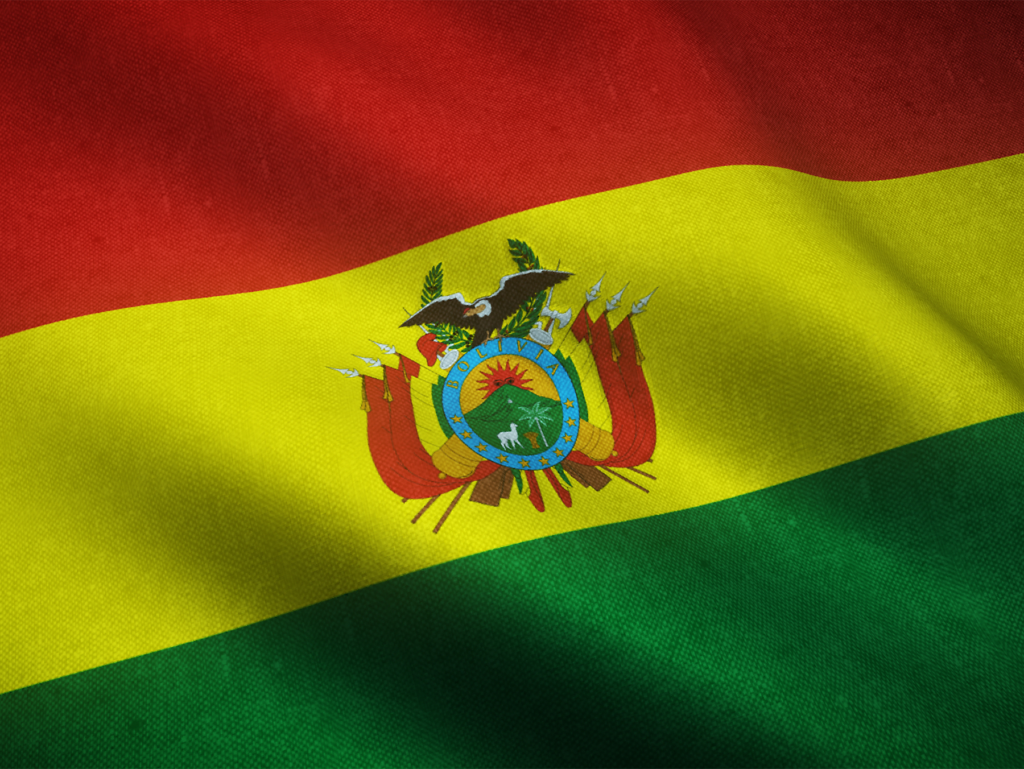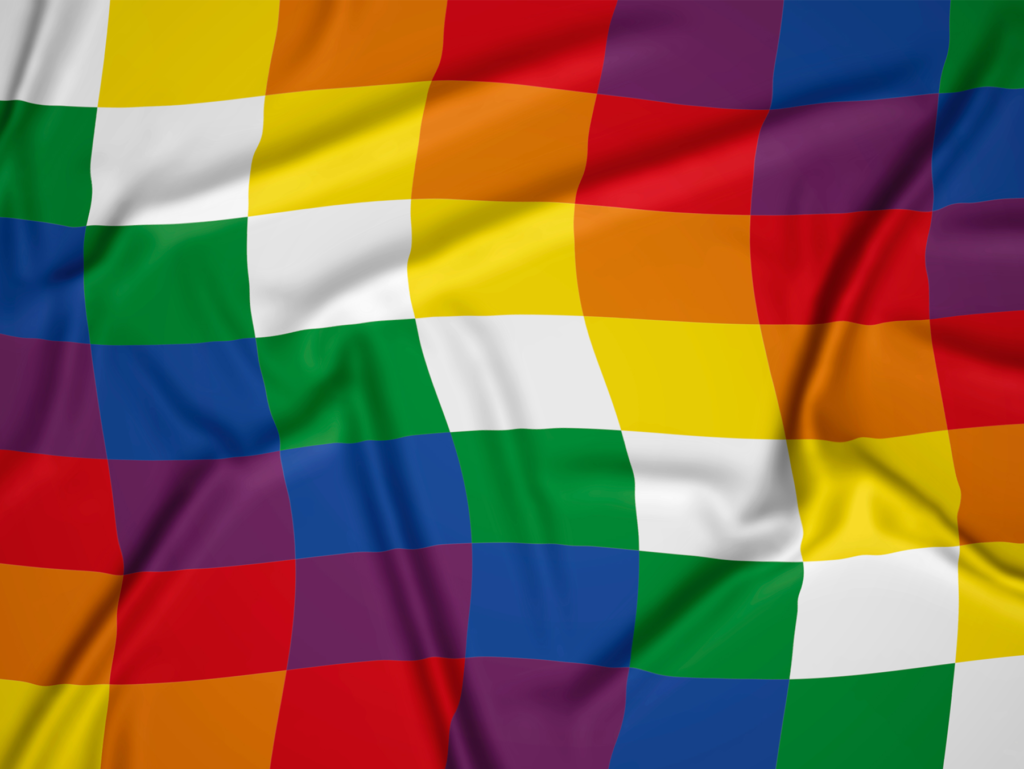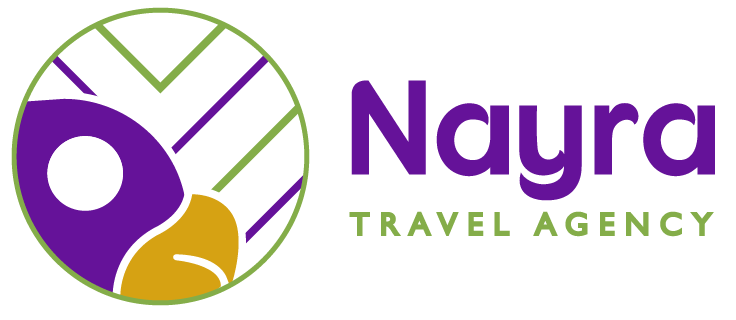About Bolivia
Bolivia, officially the Plurinational State of Bolivia, is located in South America and is a member of the Andean Community. The country is organized into nine departments: La Paz, Cochabamba, Santa Cruz, Sucre, Potosí, Tarija, Oruro, Pando and Beni. The constitutional and historic capital is Sucre and the seat of government is La Paz.
It is bordered to the north and east by Brazil, to the south by Paraguay and Argentina, and to the west by Chile and Perú.
Natural Wealth
“Bolivia is the microcosm of the planet. Because of its altitude, its climate, its infinite variety of geographical nuances, Bolivia is like the synthesis of the world”.
-Alcide d’Orbigny-
Bolivia, the heart of the South American continent, is located in the tropics but the presence of the Royal Mountain Range of Los Andes makes the country home to an incredible variety of landscapes and ecosystems. From the imposing mountains of eternal snow, deserts of discrete flora and fauna, to tropical jungles inhabited by the most curious forms of life.
Being located among the 8 richest countries in biological diversity in the world, Bolivia is undoubtedly an ideal place to observe the different ways in which nature appears before us.

A little bit of history
Bolivia was inhabited by pre-Hispanic civilizations such as Tiwanaku, the Moxeña culture and others that survive to the present day, such as the Aymara, Urus, Chiquitanos, Guarani, among others. The Incas were also present when they conquered the western part of the territory.
Subsequently, Spanish colonization took place and the territory became the Real Audiencia de Charcas.
In 1825 the country achieved its independence under the name of the Republic of Bolivar, which later became the Republic of Bolivia.
Currently Bolivia is considered a Plurinational State, since several nations with origins prior to colonization live in the territory.
Language
The official and predominant language is Spanish, although there are 36 indigenous languages that also have official status, of which the most widely spoken are Quechua, Aymara and Guarani.
Religion
The vast majority of the population are Catholic, however, worldviews and ancestral traditions still persist. Just as the virgin is venerated, deities such as Pachamama (Mother Earth) are also worshipped. As a result of colonization, religion in Bolivia is a curious mixture of European and indigenous customs.
Currency
The currency is the boliviano: BOB – Bs.
1 € = 6,88 BOB
1 $ = 9,91 BOB
Flags

Each color of the flag has a meaning: red represents the blood of the soldiers who fought for the country, yellow the mineral wealth and green the vegetable wealth.

The Wiphala symbolizes the unity of the Andean people. It is made up of seven colors that are used by the ethnic groups of Los Andes.
